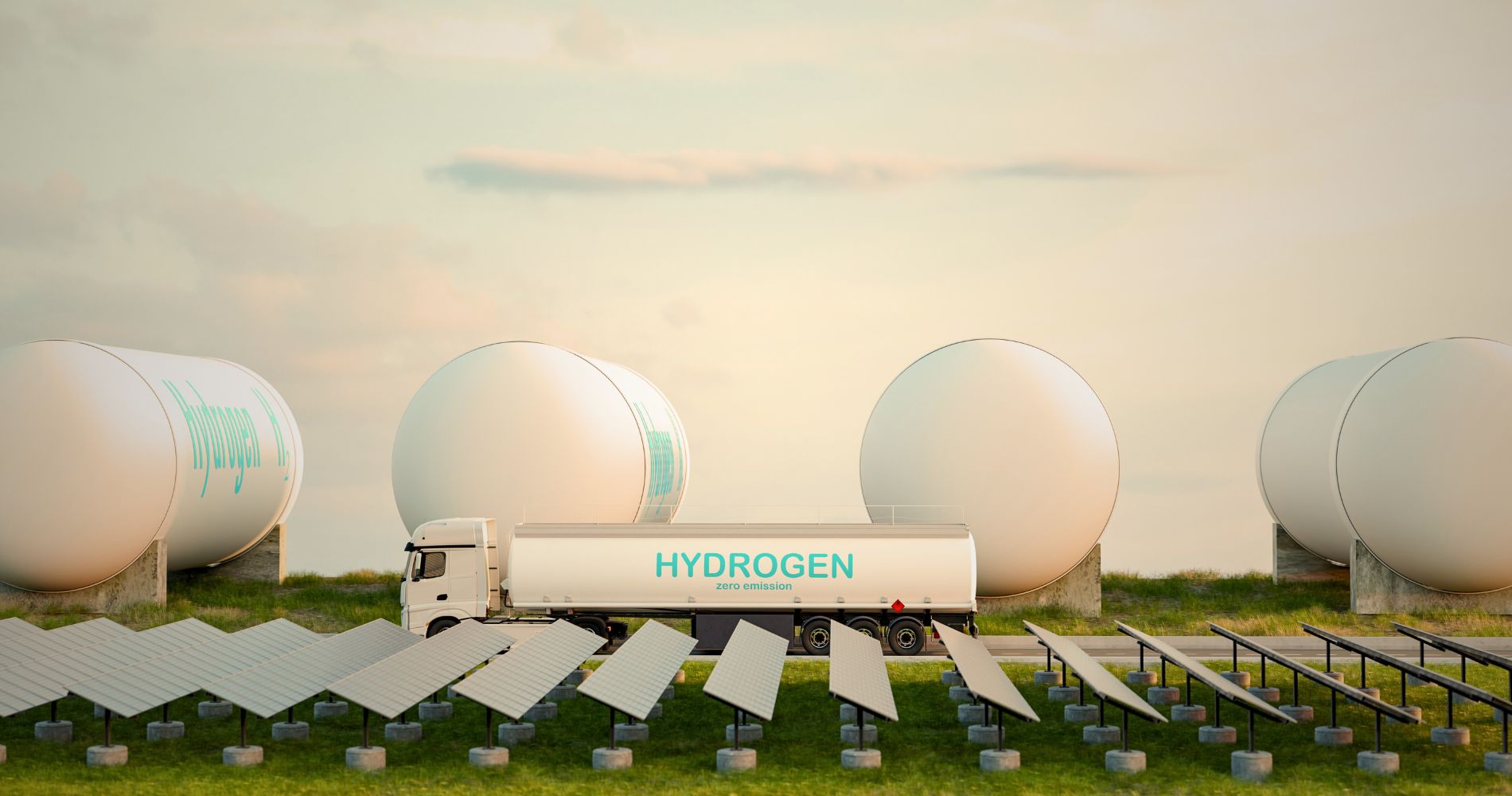The demand for sustainable energy solutions has been driving the global transition towards renewable sources. In this context, green hydrogen emerges as a crucial fuel for the decarbonization of various sectors, due to its potential to generate energy without carbon emissions. Brazil, with its vast capacity for solar energy production, is positioned among the top five countries worldwide with the greatest potential to produce green hydrogen economically. This article explores how the advancement of solar energy can make green hydrogen competitive in Brazil.
Brazil has exceptional natural resources for solar energy production. With high solar incidence throughout the year and a vast territorial extent, the country has ideal conditions for the installation of solar power plants. According to data from the Brazilian Association of Photovoltaic Solar Energy (Absolar), Brazil’s installed solar capacity has grown exponentially in recent years, reaching over 21 gigawatts (GW) in 2023.
This growth is driven by government incentive policies, such as the ProGD (Program for the Development of Distributed Generation of Electric Energy) and ANEEL’s Normative Resolution 482, which facilitate the connection of distributed generation systems to the electric grid. Additionally, the cost of photovoltaic technology has been decreasing, making solar energy an increasingly accessible and competitive alternative.
Green hydrogen production depends on the electrolysis of water, a process that uses electricity to separate hydrogen from oxygen. When this electricity is generated from renewable sources like solar energy, the hydrogen produced is considered “green,” meaning it is free of carbon emissions.
Solar energy, with its ever-lowering costs, plays a crucial role in reducing the production costs of green hydrogen. Studies from the Institute of Energy and Environment (IEE) at the University of São Paulo (USP) indicate that, with the increasing adoption of solar energy, the costs of electrolysis can significantly decrease, making green hydrogen a viable economic option.
Compared to other countries, Brazil has significant competitive advantages in green hydrogen production. According to BloombergNEF, Brazil’s green hydrogen production costs are among the lowest in the world, thanks to the abundance of cheap solar energy.
This competitiveness attracts international investors interested in green hydrogen projects in Brazil. The necessary infrastructure for the production, storage, and transportation of green hydrogen is rapidly developing, with investments in ports, roads, and storage facilities.
The Solar Portal highlights that Brazil has the potential to become one of the main exporters of green hydrogen, especially to Europe, which is seeking sustainable alternatives to replace fossil fuels. This perspective places Brazil in a strategic position in the global energy market.
Growth projections for green hydrogen production in Brazil are optimistic. Absolar predicts that by 2030, Brazil could produce up to 10 million tons of green hydrogen annually, driven by the expansion of solar energy.
The economic and environmental benefits are significant. In addition to creating thousands of jobs and attracting billions in investments, green hydrogen production can reduce CO2 emissions in hard-to-decarbonize sectors like heavy industry and transportation.
However, challenges remain. The need for clear and stable regulations, the training of skilled labor, and the development of efficient storage technologies are some of the obstacles that need to be overcome. The opportunities, however, are vast, and with the support of public policies and private investments, Brazil has all the conditions to become a global leader in green hydrogen production.
The advancement of solar energy is a determining factor in making green hydrogen competitive in Brazil. With abundant natural resources, incentive policies, and developing infrastructure, Brazil is well-positioned to lead sustainable fuel production on the global stage. It is essential that investors, policymakers, and society support and promote the development of green hydrogen, envisioning a future where it plays a central role in Brazil’s and the world’s energy matrix.







